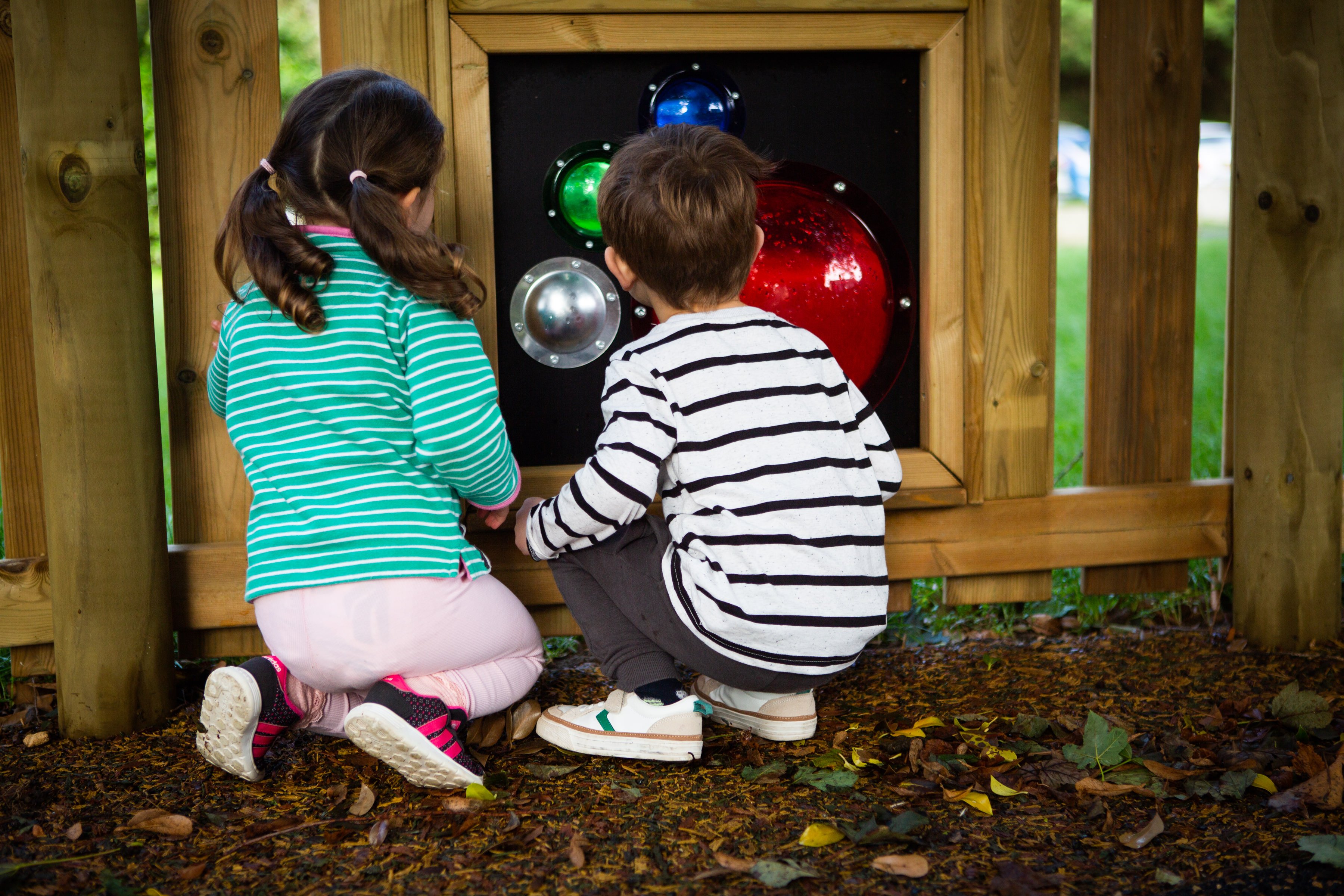
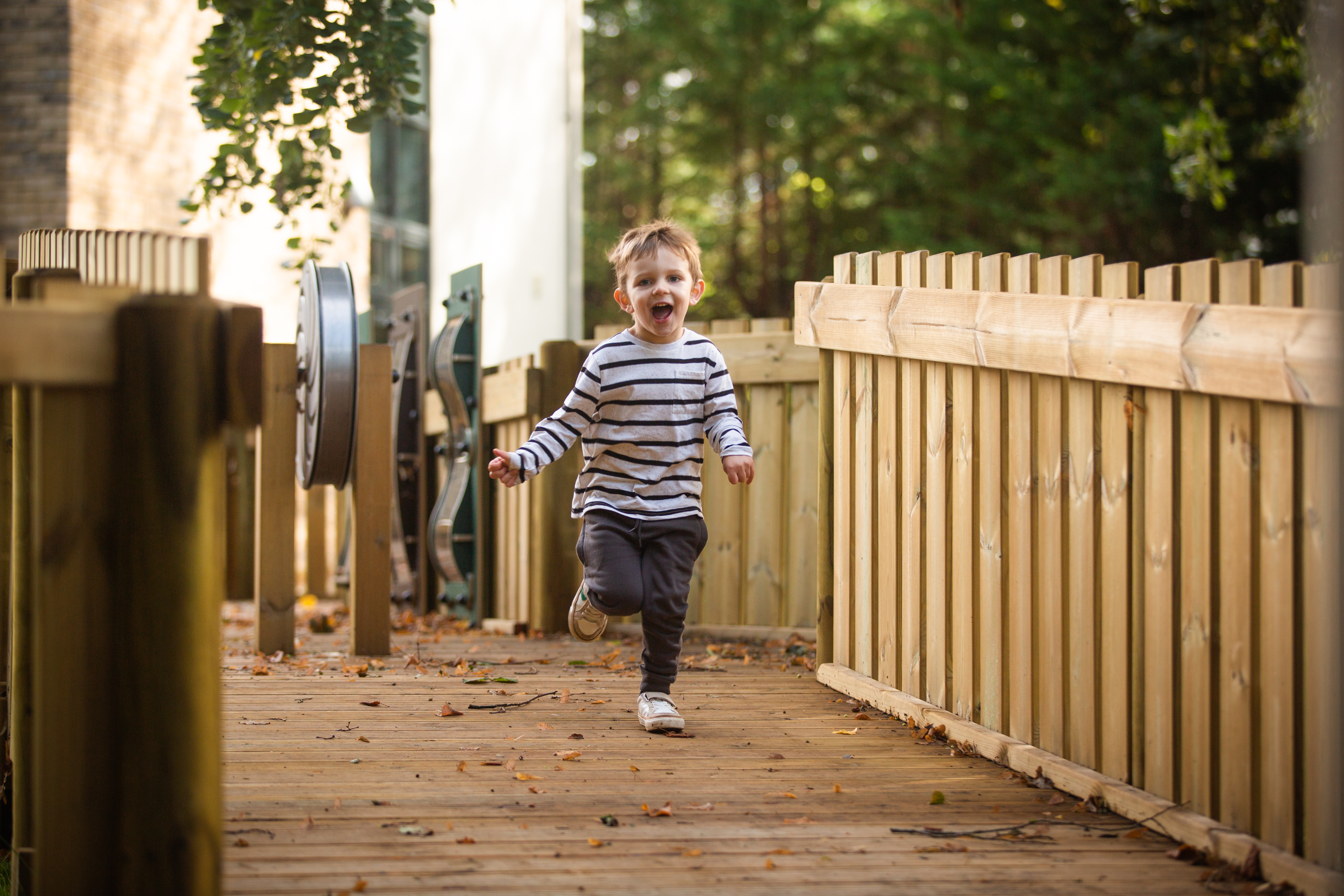

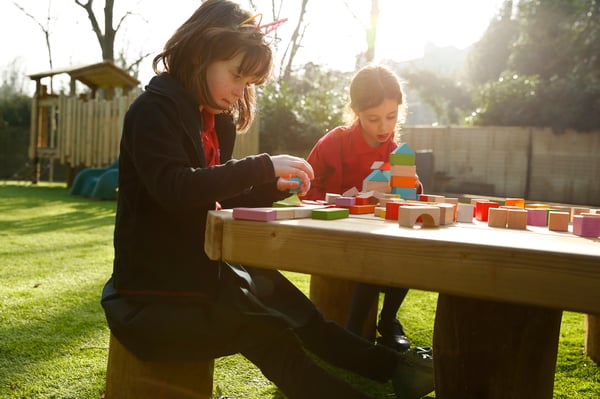
Research consistently shows that play is an essential ingredient in cognitive development. Through play, children engage in activities that stimulate brain function, enhance problem-solving skills, and encourage creativity. Structured freedom in a playground setting allows children to explore and discover within a safe and well-designed environment, promoting cognitive growth organically.
Structured freedom is all about finding the right balance between providing a structured environment that facilitates learning and allowing the freedom for creative exploration. At dbdplay, we understand the importance of striking this balance in our playground designs. Our spaces are carefully crafted to offer structured play zones that encourage specific activities while leaving room for spontaneous and imaginative play.
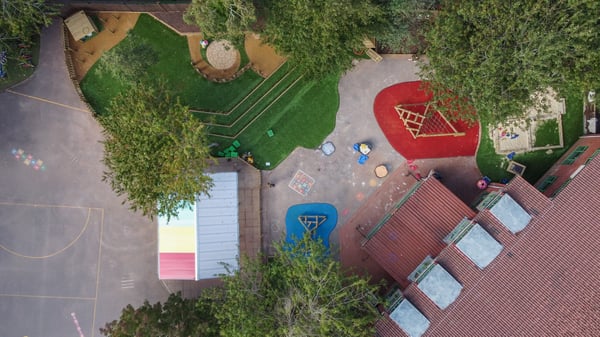
Our playground equipment is not just about swings and slides; it's a carefully curated selection designed to stimulate various cognitive skills. From role-playing zones that enhance social and emotional intelligence to sensory play areas that engage multiple senses, every piece is chosen with cognitive development in mind.
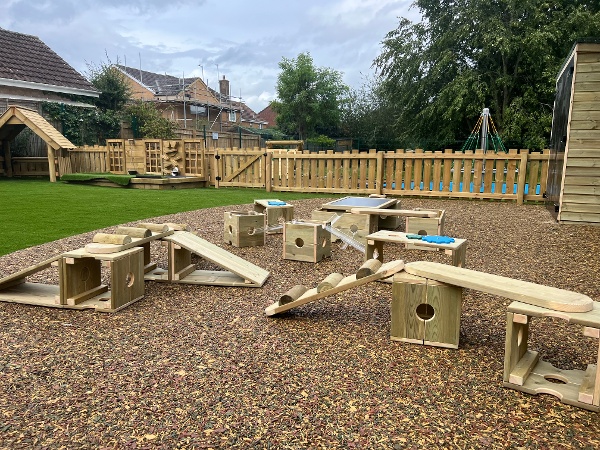
Role play is a powerful tool for cognitive growth, and our playgrounds are designed to be a stage for imaginative scenarios. Whether it's a make-believe kitchen, a mini-market, or a castle, these environments encourage children to engage in role-playing activities, enhancing their social and emotional learning.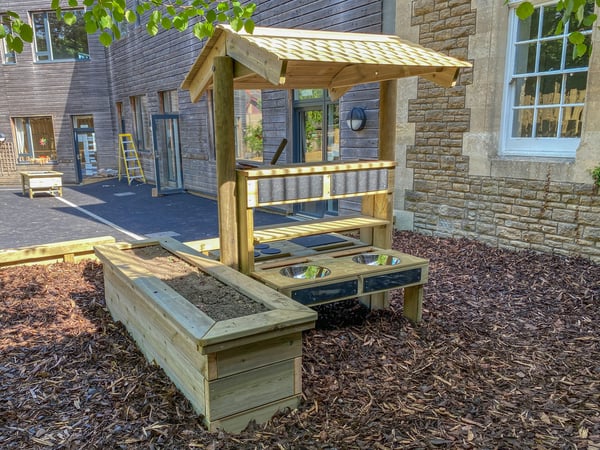
Messy play isn't just about having fun with paints and sand; it's a crucial component of cognitive development. Our playground designs can feature dedicated messy play areas where children can explore textures, colours, and materials, fostering sensory experiences and refining fine motor skills. Sensory play is integral to cognitive growth. We can incorporate sensory play elements like textured surfaces, sensory walls, and interactive features, providing children with opportunities to explore and understand the world around them through their senses.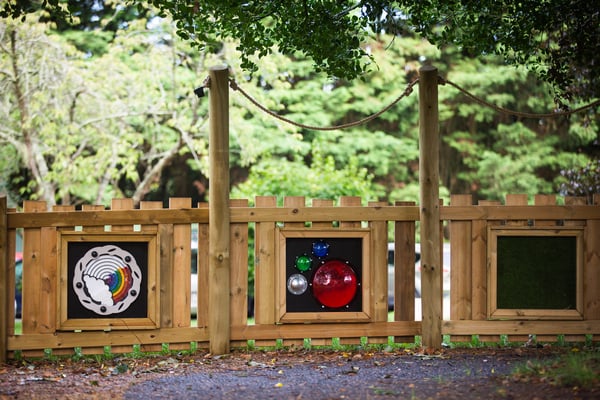
Structured freedom in playground design isn't just about cognitive growth—it's about extending the learning environment beyond the classroom walls. Our playgrounds serve as additional classrooms, where children can apply and reinforce what they've learned in more traditional settings.
At dbdplay, we're passionate about creating playgrounds that promote structured freedom and enhance cognitive growth. Explore our range of play equipment designed to encourage role play, messy play, and sensory play. Find out more here or get in touch so we can chat about your ideas and design something great!
Originally published Jan 30, 2024 4:18:15 PM , updated January 30, 2024
Holy Trinity
DevizesA huge thank you from us here at St Laurence; the trim trail was installed in super quick time with minimum fuss and was very well organised throughout.
The two chaps were absolutely lovely and did a brilliant job. The children are super excited to get on playing on it tomorrow!
Thank you!
St Laurence-in-Thanet C of E Junior Academy
KentThanks so much –we are really pleased with the final product – the extra sand and the ‘buffing’ has really tightened up the surface and it looks great. Thanks for coming over so quickly.
The children are each running a mile to mark its opening!
Wansdyke School
Wiltshire